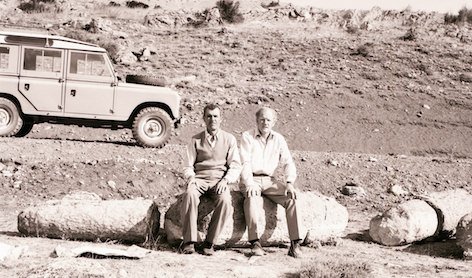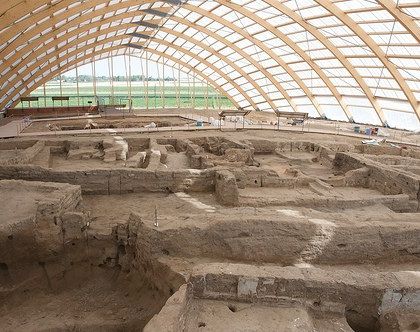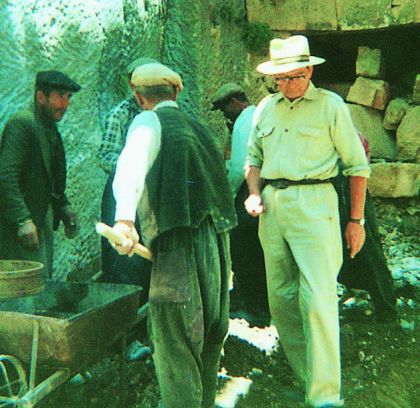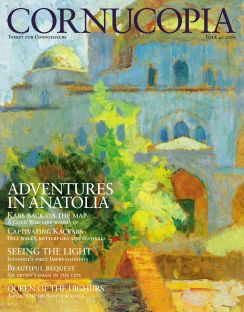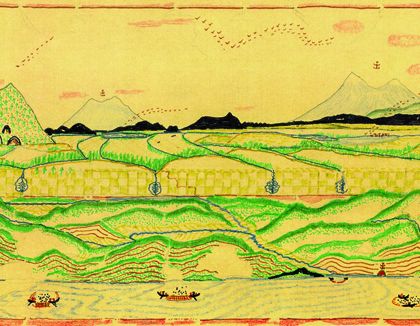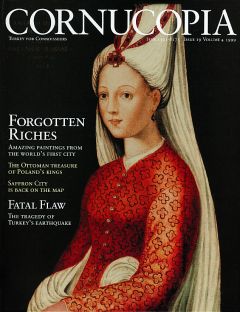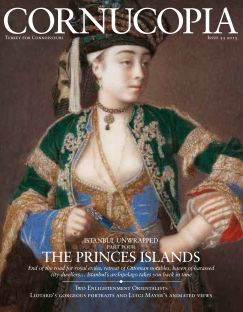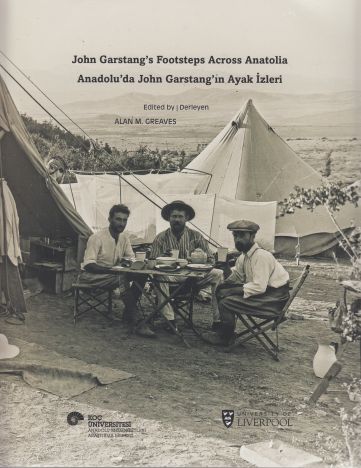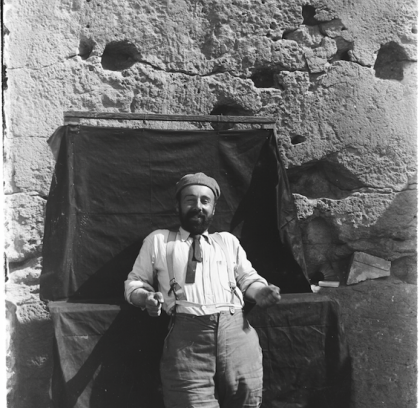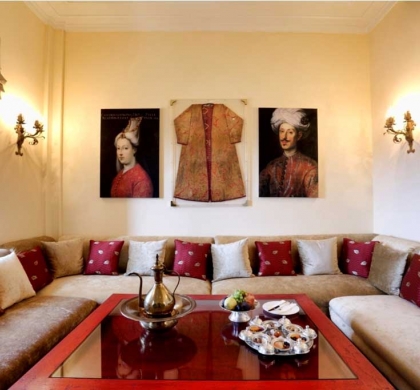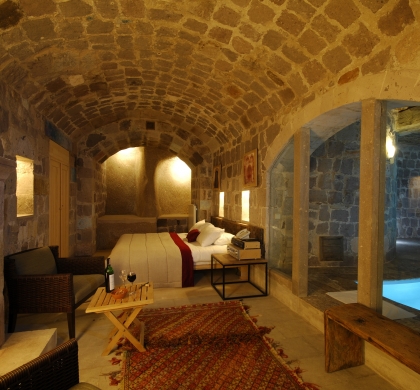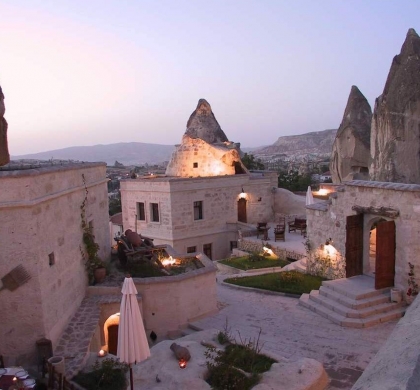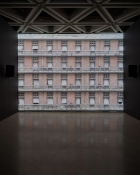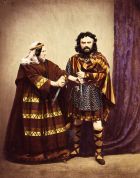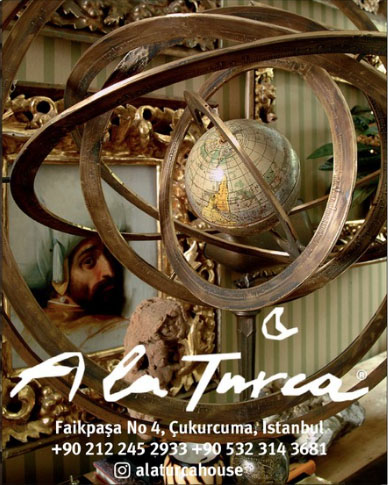David French, the former director of the British Institution at Ankara, who died on Friday (pictured right), was a leading figure in British archaeological research in Turkey for six decades. For just over a quarter of a century, he was Ankara Director of the Institute, then an exclusively archaeological body. During his career in Anatolia he took part in the discovery and initial research on sites such as Çatalhöyük, and then Can Hasan, and conducted a rescue dig at the sites of Asvan and Tille on the Euphrates before they were submerged by the waters of hydroelectric projects.
Inside his profession, however, he will be remembered as an intrepid and untiring explorer of sites across Anatolia, bringing to light networks of Roman roads and routes, as well as a myriad of minor sites, which had eluded all previous travellers. It is largely thanks to him that a mass of inscriptions was recorded and preserved for posterity in the closing decades of the 20th century. Much of this material has now disappeared or perhaps been destroyed, so the ‘squeezes’ which French made and the photographs he took are in many cases of unique importance.
He was a traveller who was not afraid to get into the deepest and most remote areas of the countryside even before Turkey had constructed a good road system. One of his most important discoveries, the exact route of the Roman road running west of Ankara, was made during a family picnic in the 1970s when he and his children went into a scrub wood. This formed the basis for a short and somewhat laconic though highly exact technical account of the road in a book on ‘the Pilgrims’ Road’ which cuts across Anatolia on its way down to Syria and Jerusalem. The road is now largely obliterated in the changing Turkish landscape, and if David French had not recorded these details, posterity would never have known them.
As Director of the Institute, French worked best with a group of trusted and loyal field-worker colleagues who were devoted to him. Chief of these was the present Chairman of the BIAA, Professor Stephen Mitchell, who helped write up and publish French’s epigraphical work in Ankara in two hefty volumes, recording and analysing every fragment of the city’s inscriptions over a thousand years. It is an achievement for which subsequent generations will feel appreciative. French worked hard to foster his younger colleagues, making sure that they had the technical skills and facilities that they needed, and urging them to write up and publish their work. Ironically the time he spent on this may have detracted from his ability to do the same for his own research.
His dealings with those outside his group of close associates were often much less easy and under his tenure, the Institute looked inwards and indeed was sometimes virtually closed to Ankara outsiders wanting to use its library. To some extent this was a sequel to the stormy time the Institute had endured at the beginning of French’s years in Turkey because of uproar in the Turkish media around 1960 over the (possibly non-existent but certainly missing) Dorak Treasure, but the Institute surely went too far in isolating itself particularly from its Turkish colleagues.
Even a British visitor to the Institute in those years could sometimes feel himself or herself as little welcome as the narrator in the opening chapter of Wuthering Heights. When a British ambassador’s wife expressed a desire to work in the Institute library, French declared that he did not have time to waste on dotty ambassadresses. The remark got back to its subject who was simply amused, but others were sometimes irked or even hurt.
After his retirement as director in 1994, French largely withdrew from the company of those whose interests lay in areas of archaeology outside his own, though he continued to visit Ankara and work productively on his projects in Turkey. French was twice married, his wives both being highly accomplished archaeologists and scholars themselves who each made a strong contribution to the Institute’s work. His passing marks the end of a particular tradition of British archaeology in Turkey which began in the early 20th century with John Garstang and Seton Lloyd. Archaeologists, scholars, and those who knew the Institute either in London or Ankara will mourn his passing,
The two most recent instalments of David French’s ‘Roman Roads and Milestones of Asia Minor’ have just been published and are available as free downloads from the British Institute at Ankara.
Also see Heat and Dust, Leo Gough's memories of a childhood in Ankara at the British Institute, where his father was David French’s predecessor as director.
The British Institute at Ankara have created an email address for anyone who wishes to send condolence messages and photos. These will then be passed on to the family: dfrench at biaatr.org

